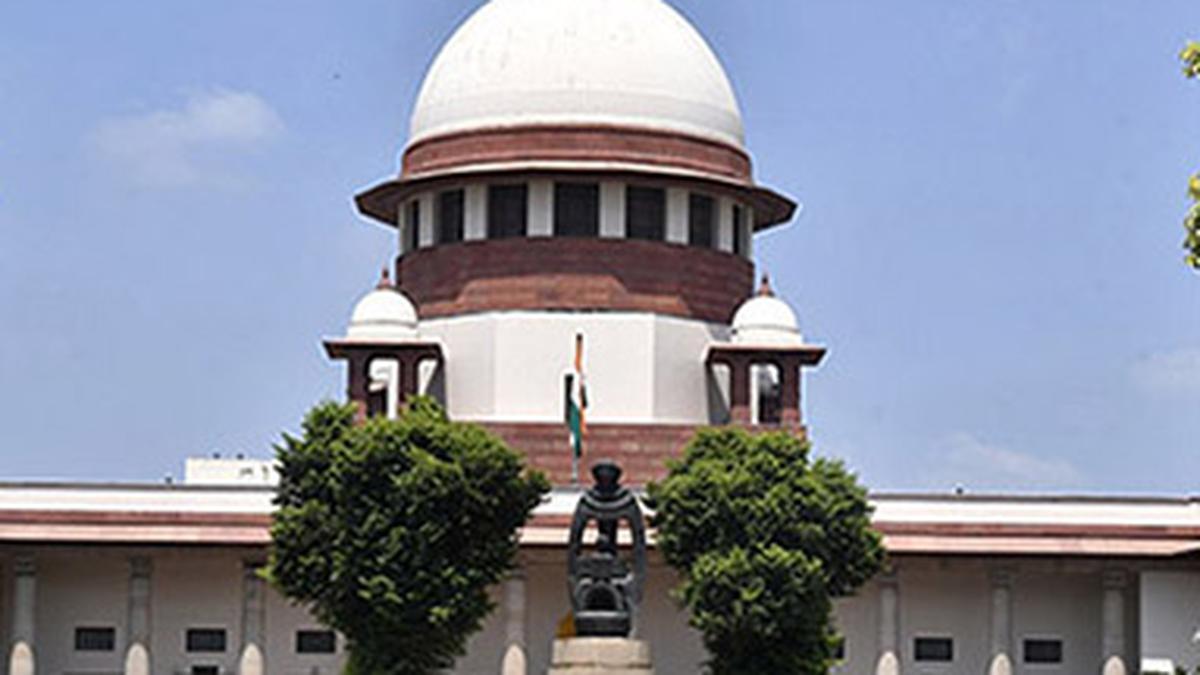
RSS route marches case: SC asks why Tamil Nadu appealed directly in top court
The Hindu
SC questions TN govt's decision to appeal directly to SC on RSS route marches without approaching HC Div. Bench; seeks clarity on whether case heard on civil or criminal side; HC orders in Oct concluded refusal to permit marches was "not in tune with Secular or democratic way of governance".
The Supreme Court on Friday indicated that it was hesitant to intervene in a petition filed by the Tamil Nadu government challenging two orders of Single Judge Benches of the Madras High Court allowing the Rashtriya Swayamsevak Sangh (RSS) to conduct route marches in the State.
A Bench of Justices Surya Kant and Dipankar Datta questioned the decision of the State government, represented by senior advocate Kapil Sibal, to appeal directly to the Supreme Court without first approaching a Division Bench of the High Court.
“Why did you not go for an intra-court appeal against the orders? Why have you come here? The Division Bench can, if necessary, correct the orders of the Single Judge,” Justice Kant told Mr. Sibal.
Mr. Sibal said that a contempt petition has already been filed against the State by the opposing parties in the case, and indicated that the High Court has criticised the State for non-compliance of its orders to permit the route marches. “This is the problem,” Mr. Sibal said.
The Bench, however, sought clarity after the State’s lawyers argued that intra-court appeals were prohibited by the High Court in criminal matters. Noting that the nature of the issue was civil and not criminal, it asked the State counsel to produce records by Monday to examine whether the case was heard in the High Court on the civil or criminal side.
Two back-to-back orders of the High Court in October, one of them passed by the Madurai Bench, are being appealed. One of the orders, pronounced by Justice G. Jayachandran on October 16, concluded that the State’s refusal to permit the route marches was “certainly not in tune with Secular or democratic way of governance”, and was contrary to the “principle of secularism”.











